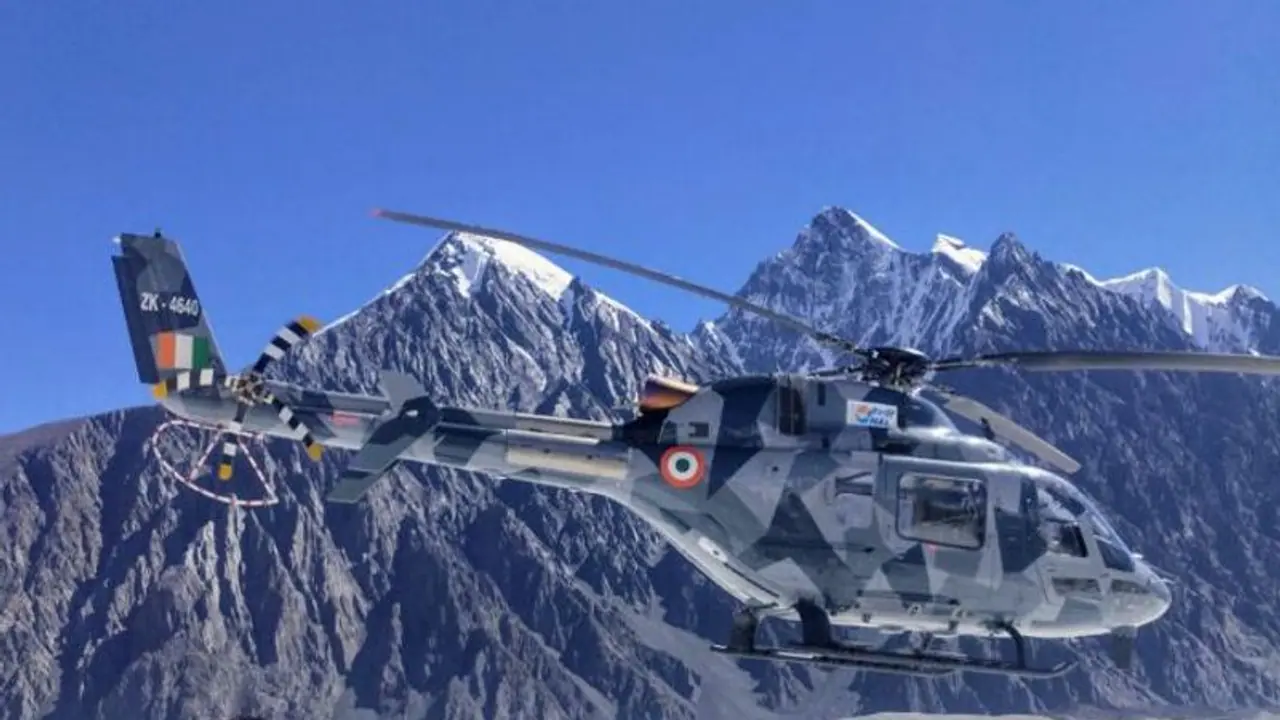Hindustan Aeronautics Limited, a state-owned aircraft manufacturer, and the Argentinian Defence Ministry have entered into a Letter of Intent (LoI) to foster productive cooperation and facilitate the acquisition of Light and Medium Utility Helicopters for the armed forces of the Argentine Republic.
State-owned aircraft maker Hindustan Aeronautics Limited (HAL) and the Argentinian Defence Ministry have signed a Letter of Intent (LoI) on productive cooperation and acquisition of Light and Medium Utility Helicopters for the armed forces of the Argentine Republic. However, no numbers of the helicopters have been revealed. The signing ceremony was held during Argentinian defence minister Jorge Taiana's four-day India visit.

During his visit to HAL, the minister also visited the light combat aircraft (LCA) and Helicopter Divisions. The minister had evinced a keen interest in these products. The Argentinian defence minister said: “The day was interesting and a step on the road to an ever-growing and strong collaboration with HAL.”
It is pertinent to mention here that in June a team from HAL visited Argentina to negotiate with the Argentinian Air Force for its Light Combat Helicopter (LCH), along with LCA Tejas fighter jets.
Two days back, he also visited BrahMos Aerospace and showed interest in this product. The BrahMos started gaining momentum worldwide after the Philippines chose it to defend itself against China.
Besides, several South East Asia and Latin American countries have shown interest in the missile developed under the Indo-Russian joint venture with an original range of 290 kilometers. India-Argentina relations were elevated to the level of Strategic Partnership in 2019.
Explained: Why India decided for 3 more Scorpene submarines
Agnipath scheme may undergo massive changes; 50 per cent Agniveers likely to be retained
From the IAF Vault: Story of the first officer to fly IAF aircraft
US to sell MQ-9B drones to India at a price 27% lower than paid by other nations: Report
